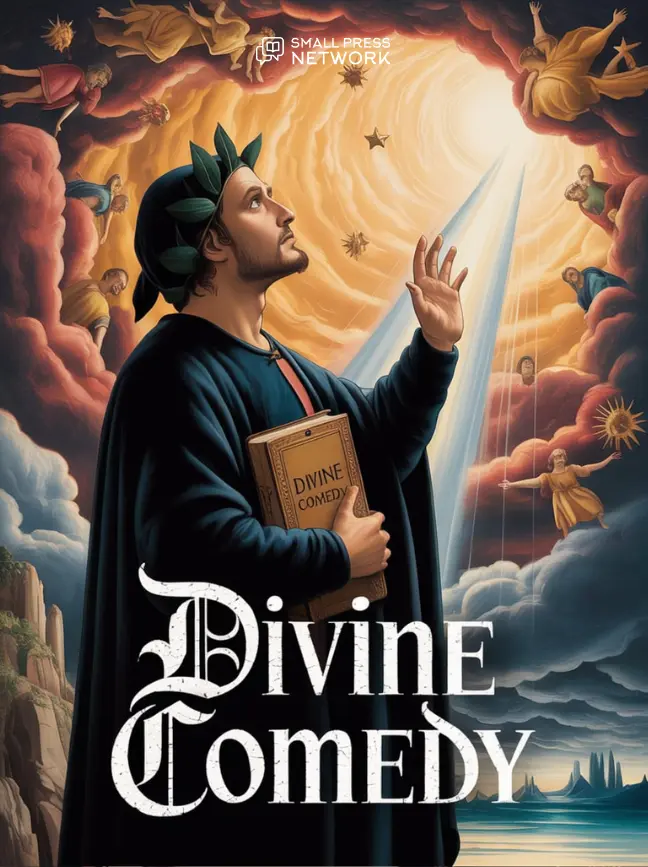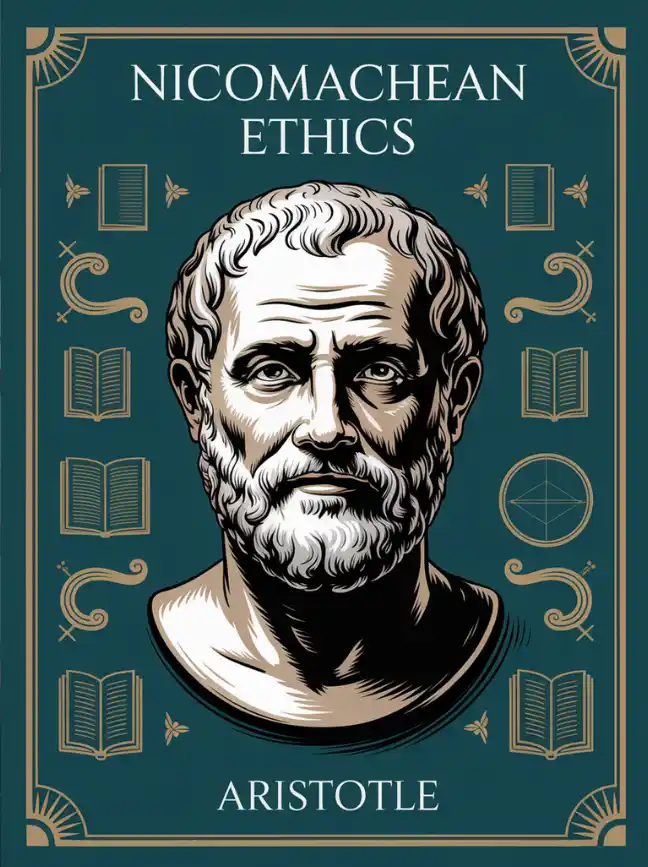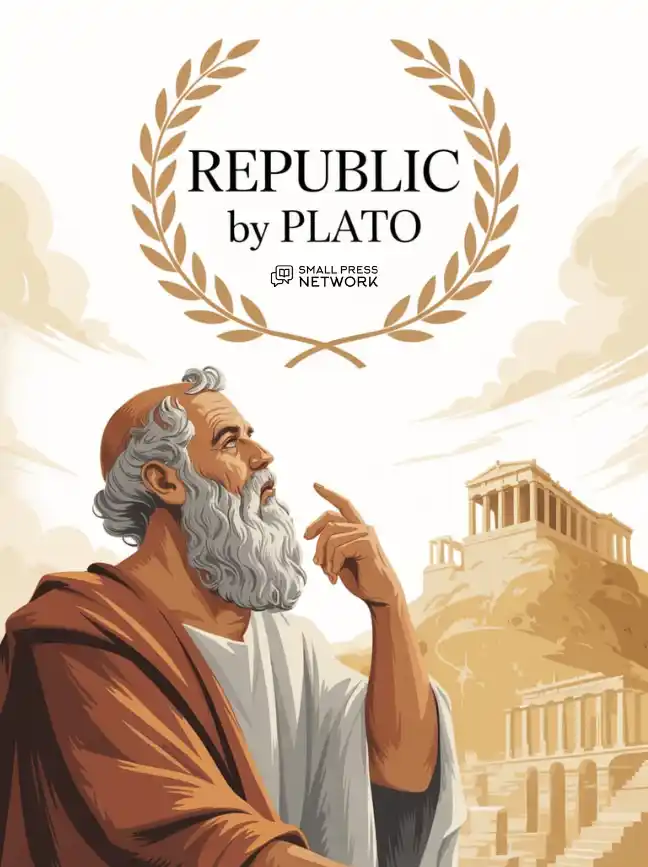The Divine Comedy is an epic poem by Dante Alighieri that takes readers on a symbolic journey through the realms of the afterlife: Inferno (Hell), Purgatorio (Purgatory), and Paradiso (Paradise). The narrative follows Dante himself as the protagonist, who is guided first by the Roman poet Virgil and later by his beloved Beatrice. In Inferno, Dante descends through the nine circles of Hell, witnessing the punishment of various sinners and learning about divine justice. Each circle represents a specific sin, with punishments that reflect the nature of the crime.
In Purgatorio, Dante climbs the mountain of Purgatory, where repentant souls cleanse themselves of sin in preparation for Heaven. Finally, in Paradiso, guided by Beatrice, Dante ascends through the celestial spheres, gaining deeper spiritual understanding and ultimately experiencing the presence of God. Through this allegorical journey, The Divine Comedy explores themes of sin, redemption, love, and divine order. The poem not only reflects medieval Christian theology but also serves as a profound meditation on the human soul’s quest for truth and salvation.






